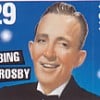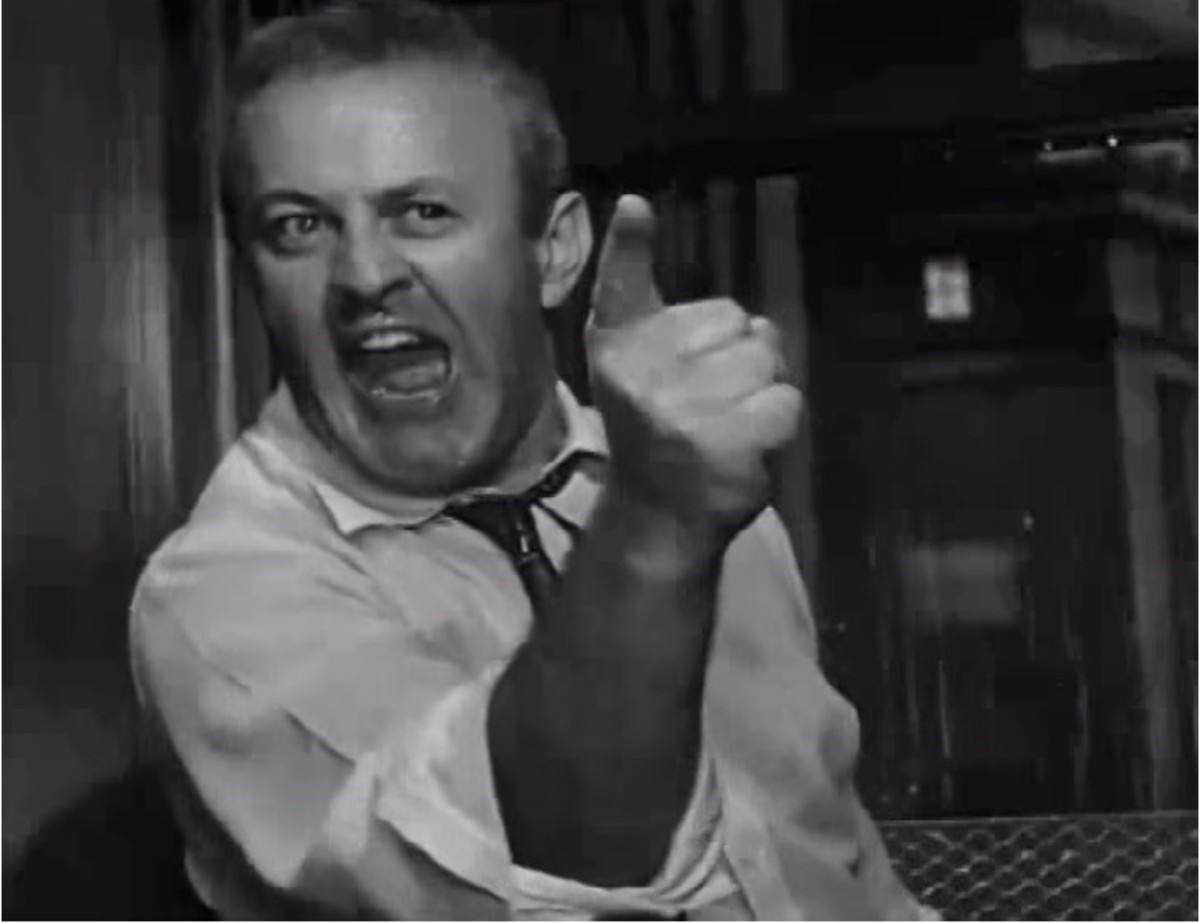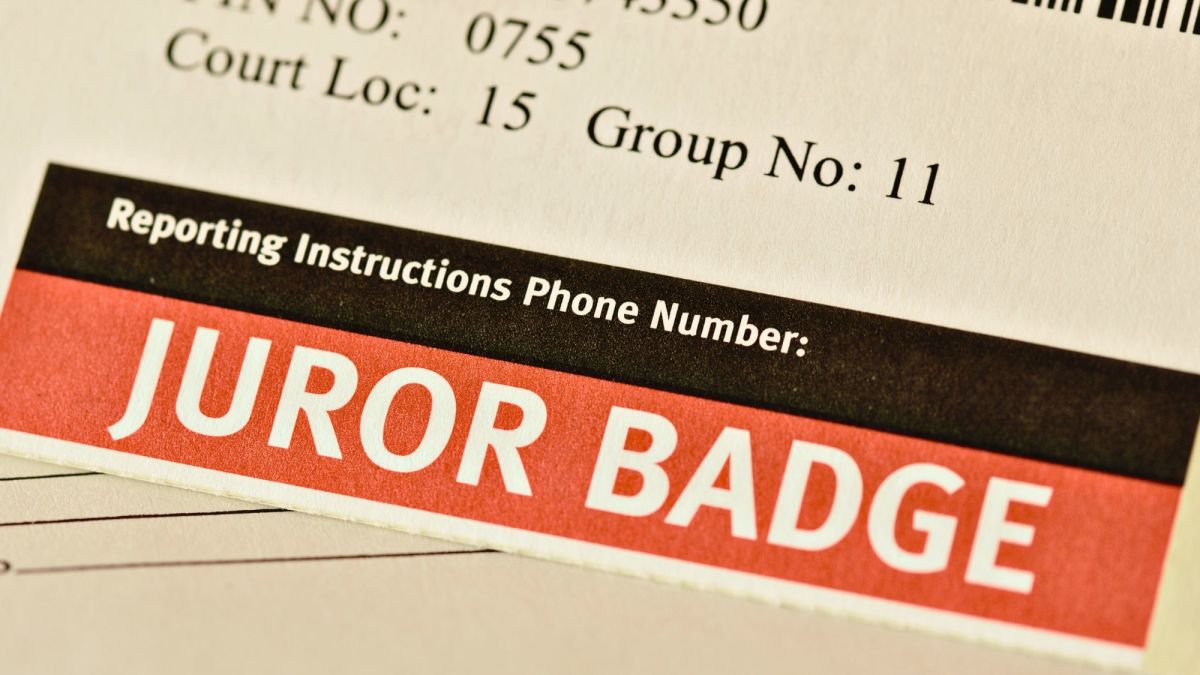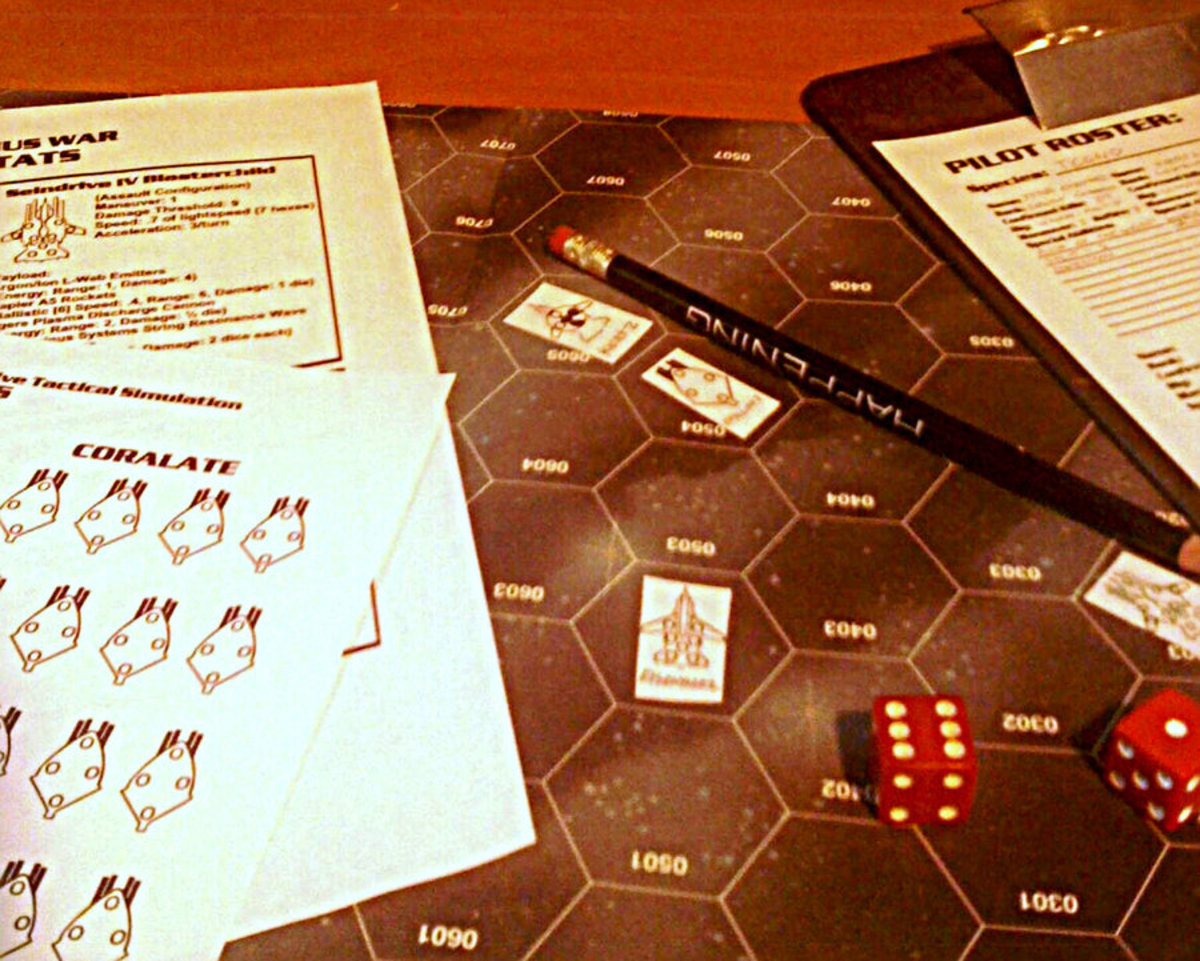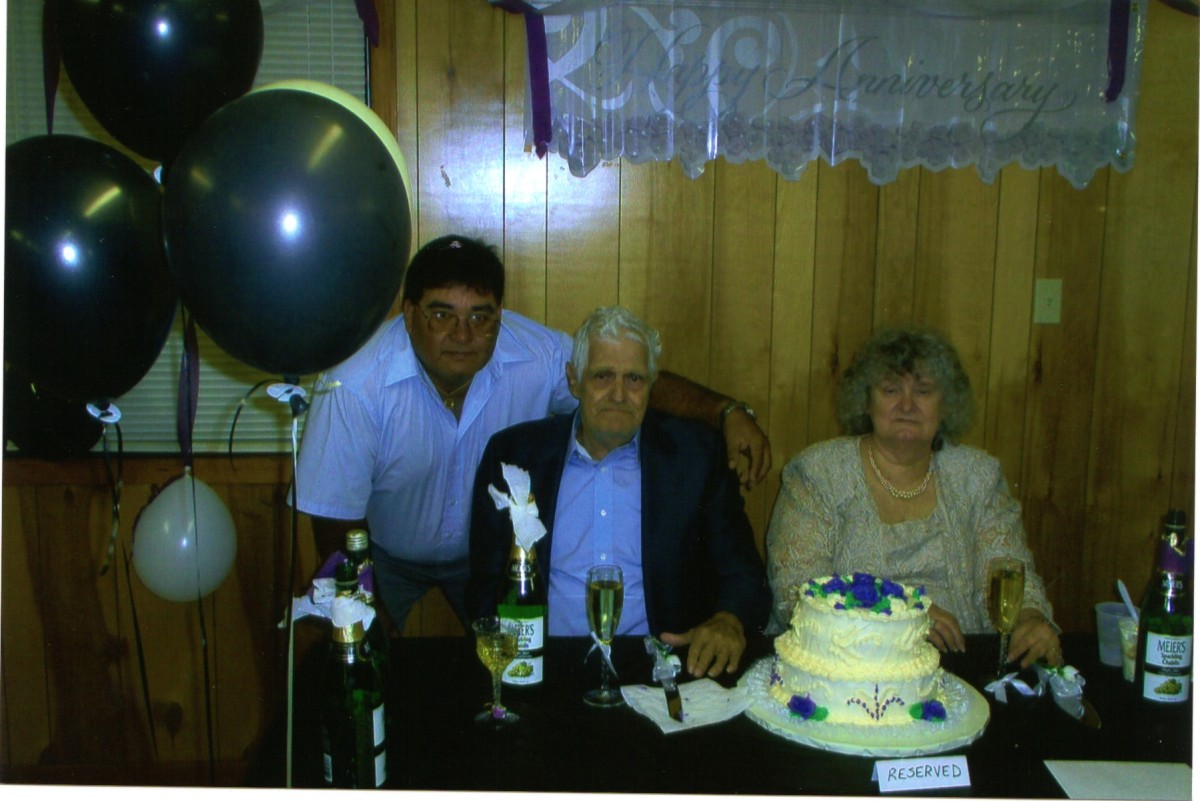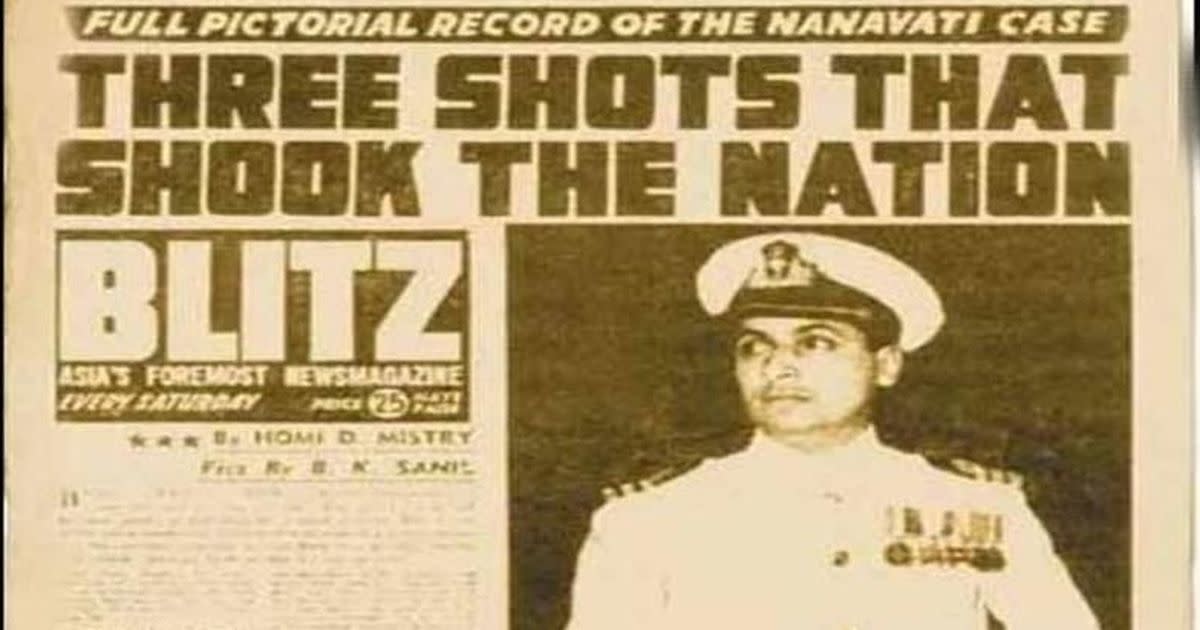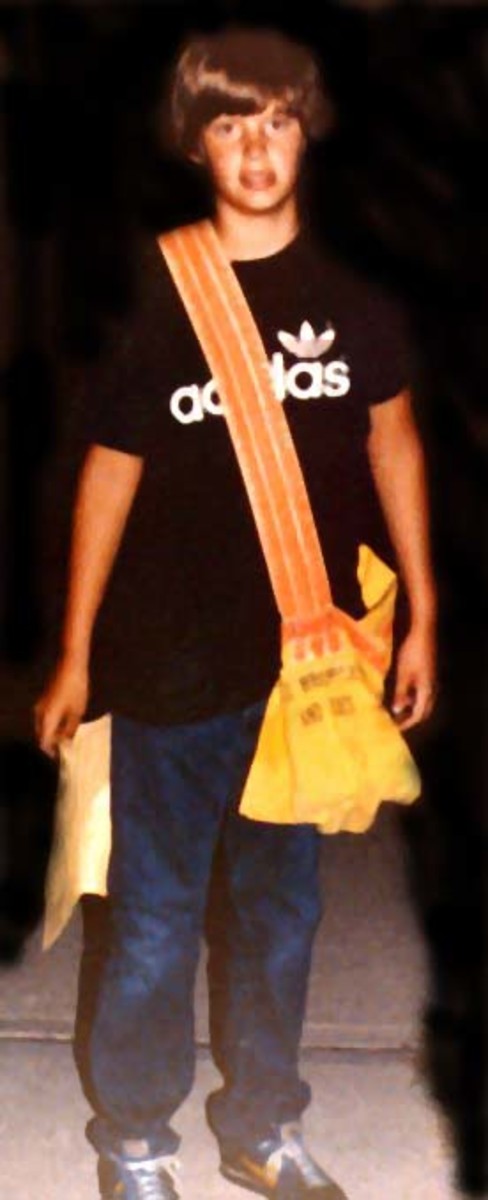U.S. Jury System Guilty of Complexity
'12 Angry Men' Jury 1957 Movie
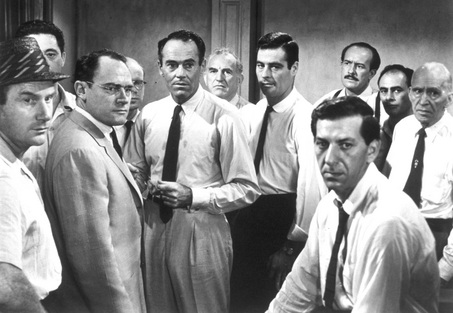
Symbol of Justice: The Gavel
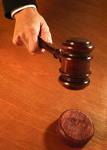
Our Constitutional right to a trial by jury is threatened on an almost daily basis. The threats come, not from criminals, but, rather, from just plain citizens, and from judges, as well as prosecutors who are more intent on winning convictions than ensuring a fair trial to defendants.
Americans too often favor throwing the book at someone accused of a grievous crime -- long before the evidence is in. Wouldn't it be wiser to wait until a person is proven guilty?"
Jumping to Conclusions
Too many citizens jump to conclusions about people accused of crimes. Often those people are guilty, but not always!
Apparently, some people find it difficult to imagine being falsely accused. It shouldn't be: Who hasn't been blamed for some minor infringement, like cheating on a school test, by an accuser who fabricated the story out of whole cloth?
If unjustly accused of a serious infraction, who would not want to be guaranteed a fair trial -- or, be considered innocent until proven guilty or be assured of a trial by one's peers?
Beyond a Reasonable Doubt
And would anyone want to be declared guilty of a major crime by a jury unless the judgment were made beyond (a reasonable) doubt ?
The court makes decisions throughout the judicial process -- from the filing of charges to the offering of a plea bargain, from jury selection to the conduct of the trial itself and, upon conviction, in the sentencing phase.
In a recent fraud trial, for instance, a jury in the midst of deliberations had to start over after a judge replaced one juror with an alternate after other jurors accused the ousted juror of obstructing deliberations.
The jury subsequently found former Arizona Gov. Fife Symington guilty of fraud, and sentencing (was) scheduled for Nov. 10.
The Unbiased Facts
Under our system, only the jury (not the judge, nor the prosecutor, nor the defense attorney) is in a position to decide a case on its merits (Only the jurors hear the unbiased facts.)
Jurors may disagree with one another, but they should not be allowed to taint another juror for any reason.
In the movie "12 Angry Men" a single juror, played by Henry Fonda, withstood the prejudices and pressure of the other 11 jurors to eventually swing the verdict from guilty to not guilty. In the real world, I'm sure, that rarely happens! Most such defendants would be found guilty.
In connection with the fraud trial, the dismissed juror said the other jurors were railroading her into voting for a guilty verdict. No juror should be removed on that basis; in fact, such arguments should not be entertained at all. The jurors alone -- all of them -- should decide the case.
If a juror is mentally deficient, that is something that should be determined before the juror is seated; after the trial is under way, accusations of incompetency are too easily leveled against jurors who disagree with the majority.
Judicial Interference
Judges interfere in such cases because they have nearly unfettered powers they derive from a legion of officials and citizens who fear offending them.
If we continue to tamper with the jury system the way we've been doing, we could put the whole justice system in jeopardy.
The system's unfair and too complex! Why not pick jurors by lot from among the jury pool -- and let them do their job?
I wrote this column as a "My View" for The Hour newspaper of Norwalk, Conn., on Sept. 20, 1997
